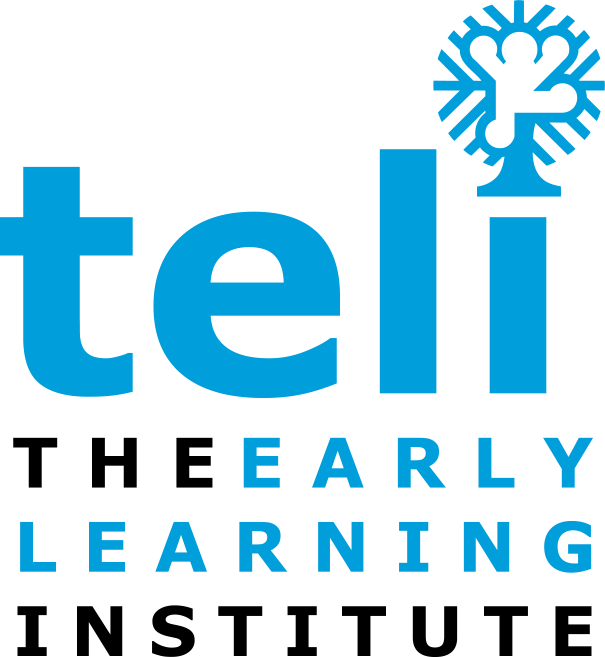 Developmental Milestone: Establishing Routines for Toddlers – When should I begin?
Developmental Milestone: Establishing Routines for Toddlers – When should I begin?
When is the right time to expect that a toddler can begin to adapt to a predictable routine? teli’s Developmental Specialist, Karen Bowman, often has experience with families who are distressed by the unpredictable schedule of caring for their child. She has some important advice for those families. “Routines are important for toddlers, as they establish a flow to the day and set expectations for when to eat, play, have quiet time and sleep. It helps to create lifelong habits early in their lives and enables parents to organize a family’s activities,” notes Karen.
When is my child ready for structure?
A child is ready for a routine when they can accept direction and transition calmly from one activity to another. By 1-2 years of age a child will be capable of appropriately transitioning through a routine for wake up and bedtimes, mealtimes and playtimes without tantrums. “Toddlers are developing physical, social and language skills at a rapid pace. We know that structure and routine provide consistency in a toddler’s world to avoid the feeling of being overwhelmed,” notes Karen.
Why is a routine important to a child?
In her Early Intervention work, Karen has successfully helped parents introduce schedules to their family’s day with the following benefits:
- Builds confidence – Knowing what to expect helps build confidence and comfort in toddlers.
- Reduces bedtime battles – Consistent nighttime schedules help children transition from play time to bath time and bedtime more easily because they know what is coming and can grasp the process.
- Fewer meltdowns – Scheduled down times before meals and regular snack times can reduce the potential for a tired or hungry child.
- More control over the day – For both toddlers and parents, the ability to plan ahead and move through the day smoothly is an important benefit.
- Kids learn from repetition –A predictable schedule, with flexibility, helps the child learn the expectations for the family’s day.
What are some suggestions for establishing a routine with my child?
Each family is different with unique timelines and challenges. Karen provides the following suggestions for activities to work into your schedule planning and begin to transition your child and your family into a purposeful routine.
- An easy and slow wake up is nice for parents and children alike. Assure enough time for your child to wake without rushing about the house.
- Eat breakfast together. Allow your child to participate in age appropriate tasks (put out napkins, clear own plate, get sippy cup from cabinet, etc.).
- As you help your child dress and groom, offer choices of clothing and encourage him/her to participate (put arms/legs out, pull up pants or socks, put paste on toothbrush, etc.).
- Share books and play. Look for things that bring your child joy. Activities can vary based on interest (filling/emptying activities, puzzles, simple pretend play).
- Offer a mid-morning snack and drink. Again, encourage participation and offer choices as appropriate.
- Hands-on activities such as making marks with crayons, working with Playdoh, and exploring a water/sand table help build hand-eye coordination. As lunchtime approaches, music and books are nice ways to wind down.
- Eat lunch together, allowing your child to participate in age appropriate tasks.
- Repeat wake up routine from above, after a nap, followed by a snack.
- Get outside as weather permits. The outdoors can provide inexpensive, stimulating fun for all (ball play, pop bubbles, take walks)
- Try to eat dinner at the table as a family. This is a great time for families to reflect on their day as well as spend time together.
- Assure some time for your child to play and encourage him/her to clean up toys, before bath/grooming.
- Keep bath time and bed time routines predictable. Share a quiet story and favorite lullabies before bed.
Individual children and families have various needs as well as priorities. The important thing to remember is that a predictable schedule will help your toddler feel safe and secure while teaching about boundaries. Thus, supporting your child’s natural ability to explore and learn from their environment.
Early Intervention Services can help your child achieve the developmental milestones to enable them to reach their full potential. If you have questions, call teli at 412-922-8322.


